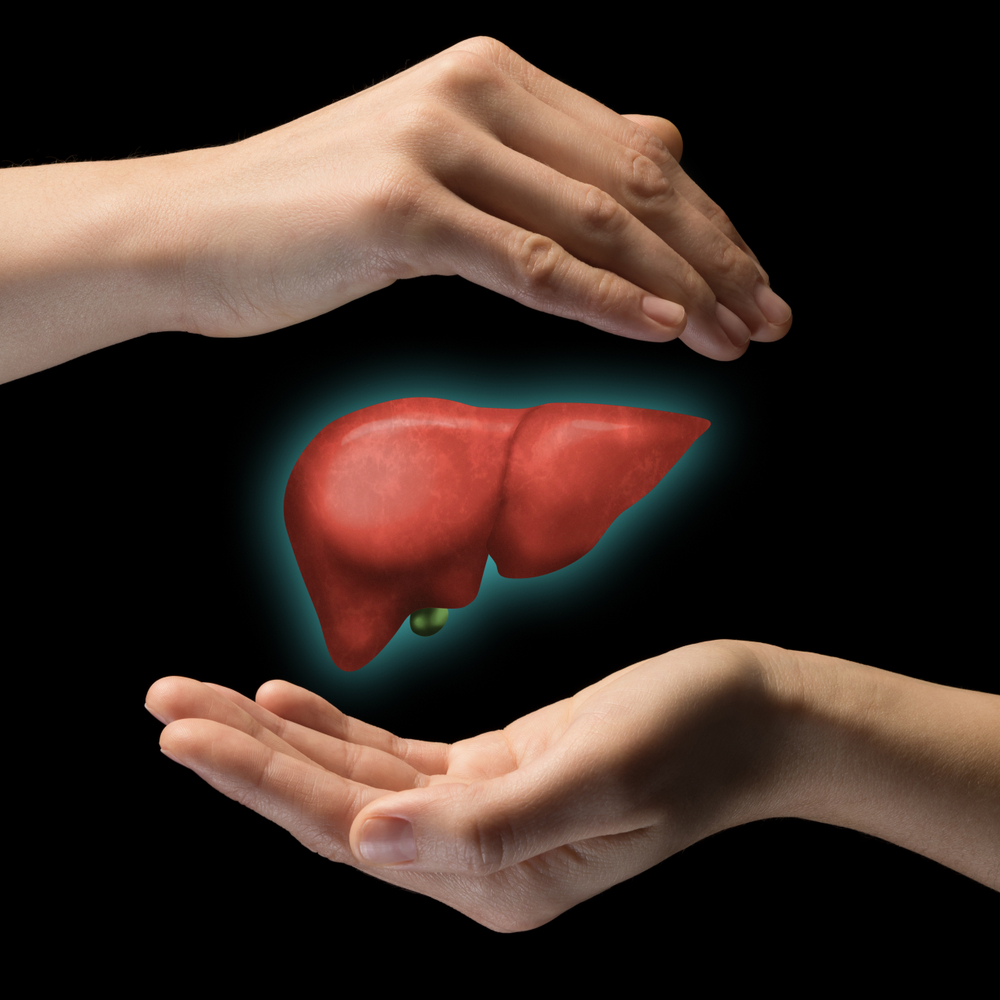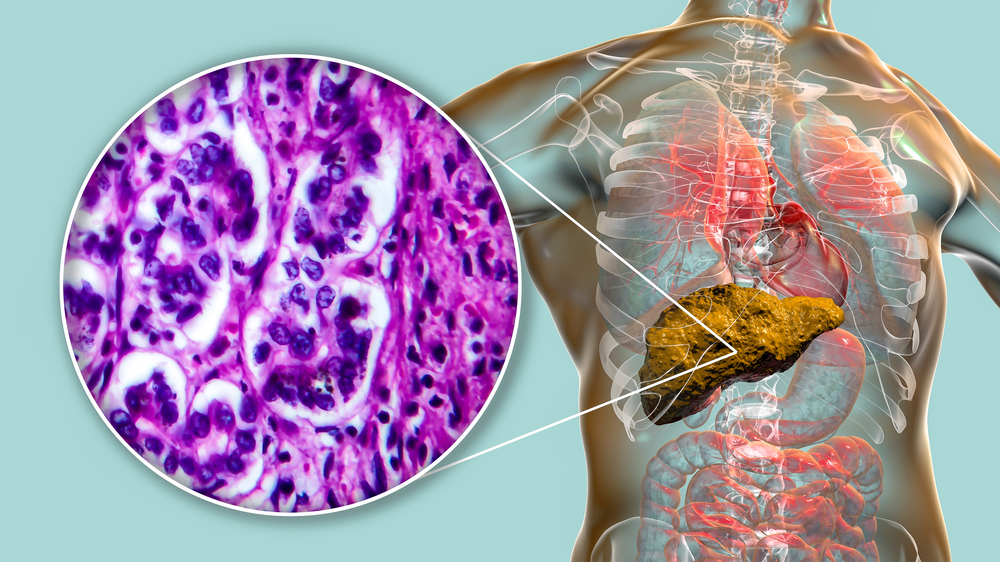A study used a click-chemistry-based approach to identify microbial-derived bile acids, including the previously uncharacterized 3-succinylated cholic acid (3-sucCA). This bile acid was found to be negatively correlated with liver damage in patients with metabolic dysfunction-associated fatty liver disease (MAFLD). The study revealed that Bacteroides uniformis strains are responsible for producing 3-sucCA, utilizing a β-lactamase enzyme for its biosynthesis. Importantly, 3-sucCA was shown to alleviate metabolic dysfunction-associated steatohepatitis (MASH) in mouse models by promoting the growth of Akkermansia muciniphila.
These findings highlight the potential of 3-sucCA as a therapeutic target in managing MAFLD and MASH. The study suggests that 3-sucCA’s role in reshaping the gut microbiota and reducing disease progression may offer new insights into leveraging microbial metabolites for treating liver conditions. Understanding the microbial metabolic networks and the specific role of bile acids like 3-sucCA could significantly enhance strategies for managing MASH and related liver disorders.
Reference: Nie Q, Luo X, Wang K, et al. Gut symbionts alleviate MASH through a secondary bile acid biosynthetic pathway. Cell. 2024 May 23;187(11):2717-2734.e33. doi: 10.1016/j.cell.2024.03.034. Epub 2024 Apr 22. PMID: 38653239.




